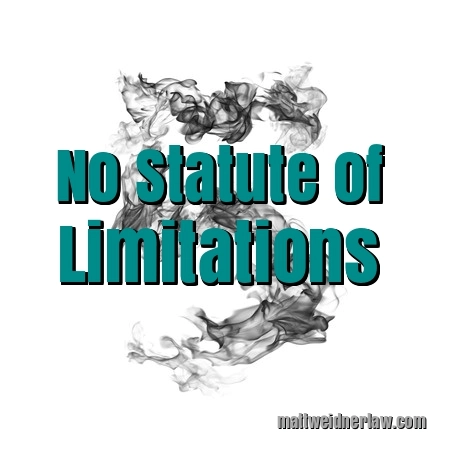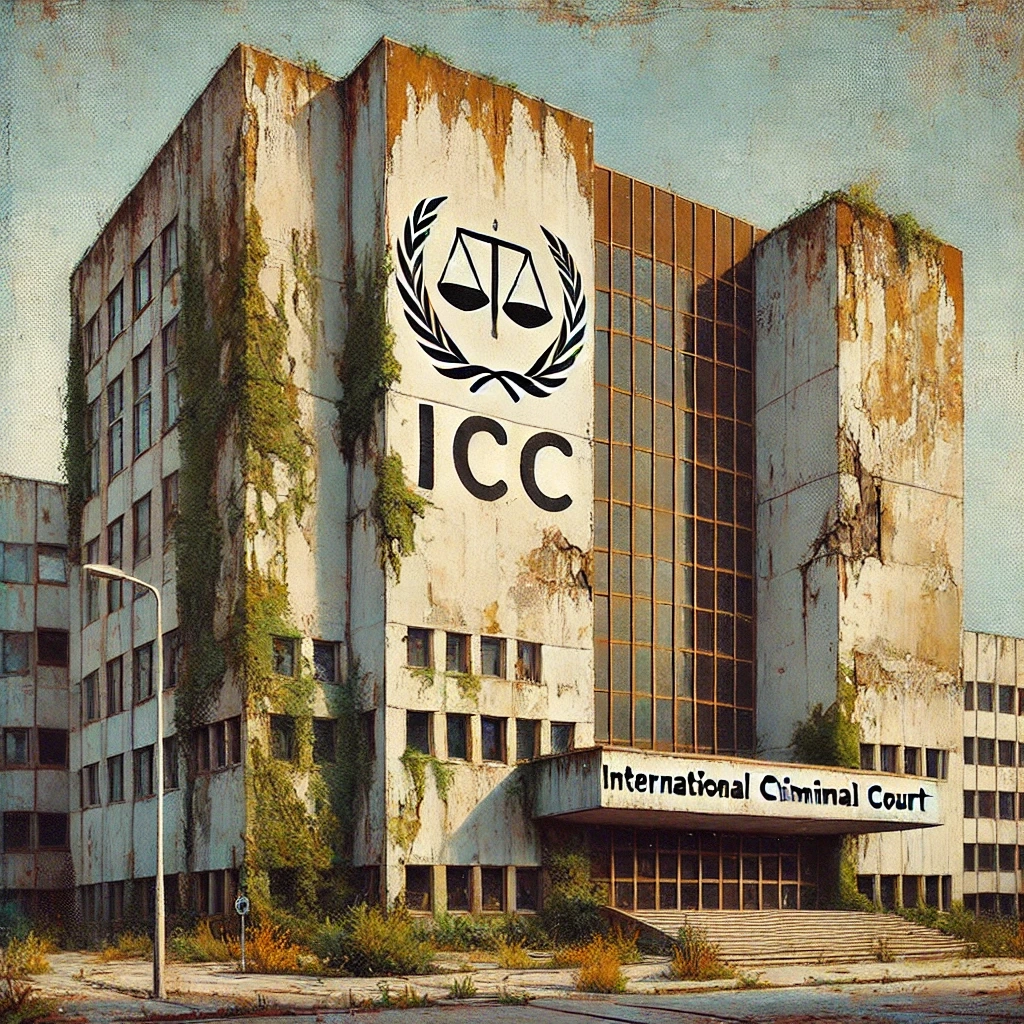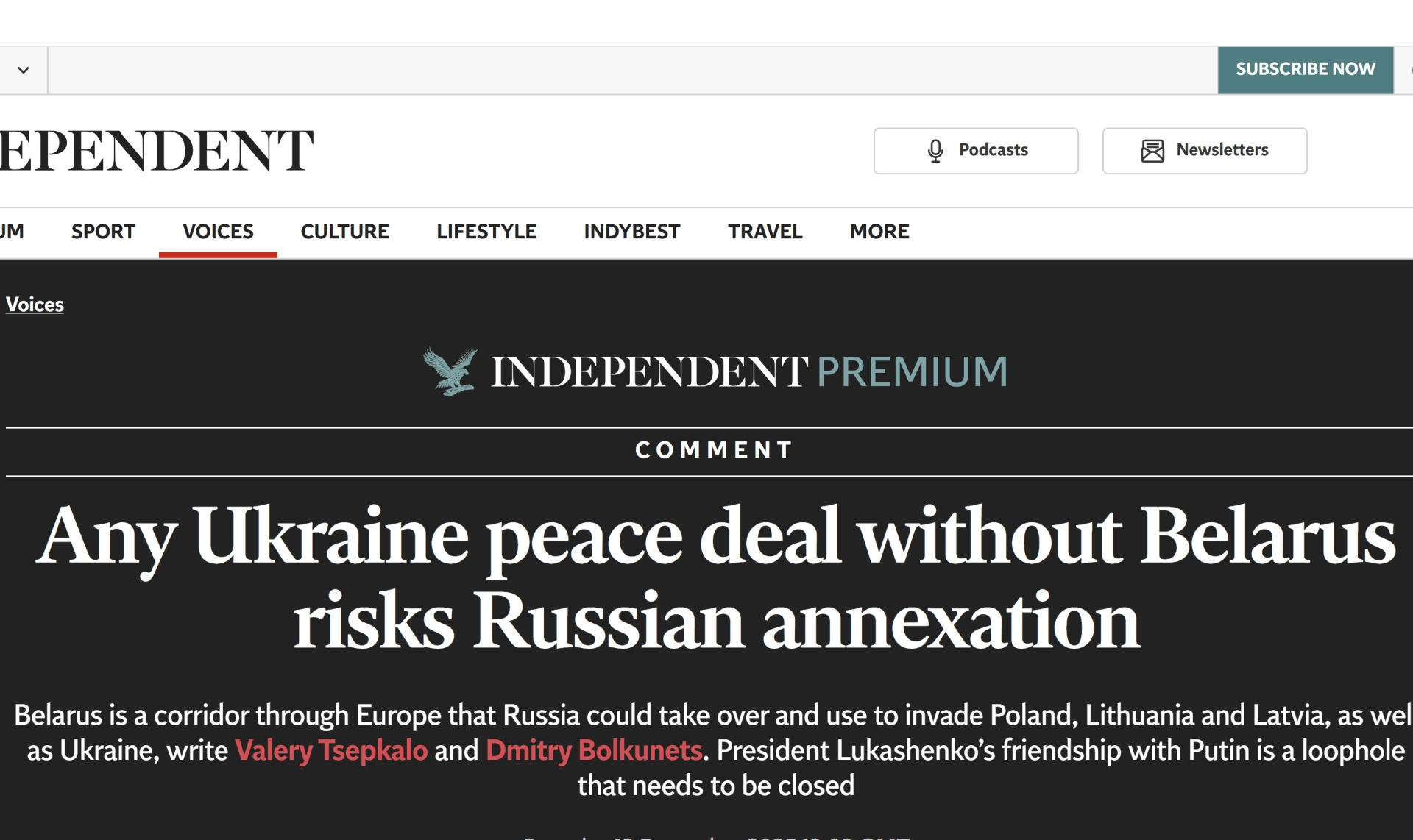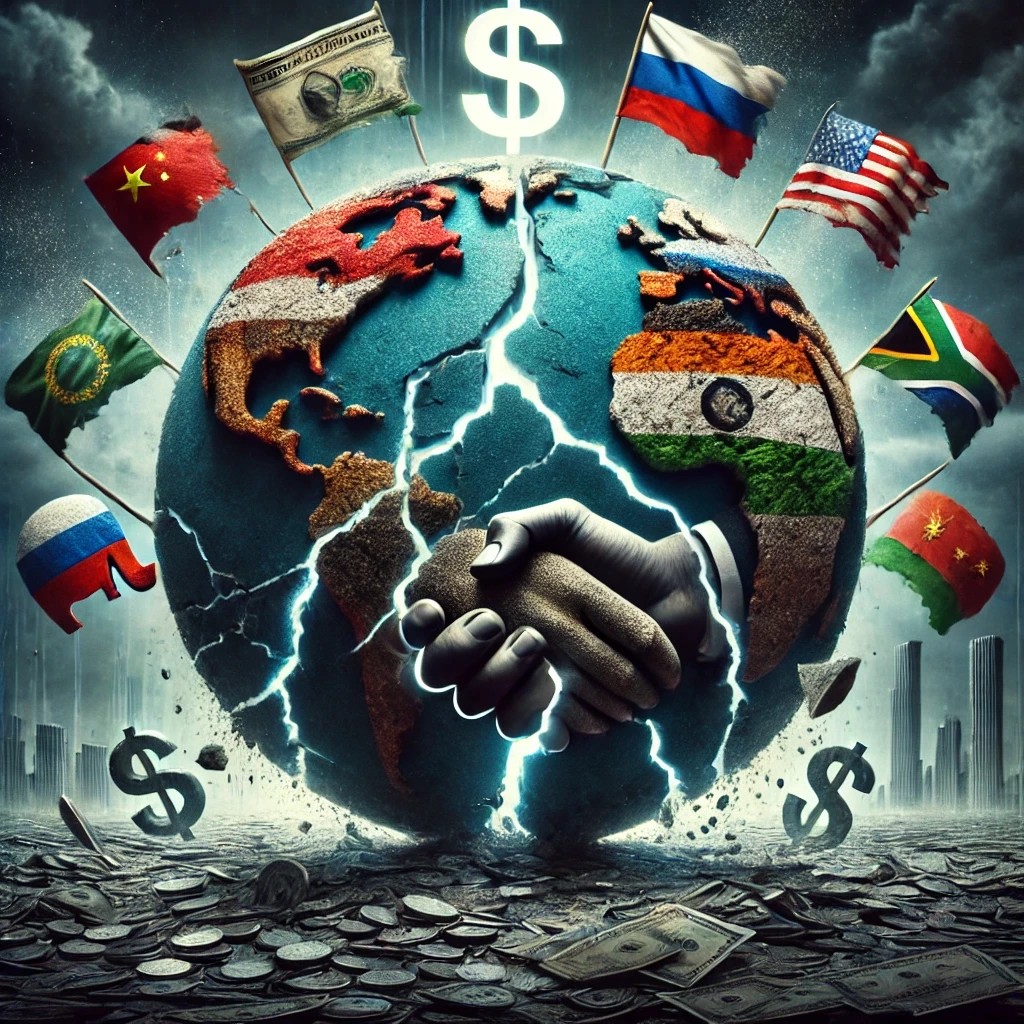Lesson 1: The Rot of Dictatorships
Yet another authoritarian regime — that of Bashar al-Assad — has come to an end. As expected, it turned out to be as rotten as all similar dictatorships, which rely solely on prisons, torture, and mass intimidation. Surprisingly, Assad’s allies and supporters in Belarus, Russia, and Iran, who had supported him for so long, are now silent. Not a word of condemnation for the rebels has come from Putin, Khamenei, or even Lukashenko or Kim Jong Un. And yet, it wasn’t just a “legitimately elected” leader who was overthrown, but a “beloved leader of the people” who supposedly garnered 95% of the vote in the last elections.
Such regimes survive only as long as their opposition remains committed to “strictly peaceful means” of protest. Under such conditions, “security forces” display extraordinary bravery and heroism — beating, torturing, and imprisoning unarmed citizens, humiliating their dignity, and destroying their lives. However, any armed resistance, no matter how small — whether external or internal — immediately destroys these regimes. History has confirmed this time and again.
Take, for instance, the Russian oprichnina. The oprichniki, whose modern equivalents are agencies like the KGB or NKVD, were tasked with “eliminating the tsar’s enemies.” And eliminate them they did: beheading, hanging, burning people at the stake, quartering, skinning, freezing people in the snow, setting dogs on them, impaling… Even infants were drowned in icy rivers during the winter.
It might seem that those capable of such acts were true “security officers,” knights without fear or reproach. But when the Crimean Khan attacked Moscow, these so-called “special people” revealed their true nature. On the tsar’s orders, all those capable of bearing arms were summoned. However, the oprichniki either deserted or feigned illness, claiming to be “unfit for duty,” as it was termed. The chief oprichnik, Prince Vyazemsky, excused himself by stating that his “head ached greatly, as if it were on fire.”
Murderers of the defenseless proved incapable of fighting an armed enemy.
Many oprichniki were subsequently executed. Alexey Basmanov’s son, Fyodor, an oprichnik himself, was offered his life in exchange for killing his father — and he complied. Fyodor’s life was spared, but he was shackled, exiled to the north, and imprisoned.
A courageous and noble person would never dirty their hands with torture, particularly against women, nor gang up, heavily armed, on a defenseless individual. Such behavior is characteristic of moral degenerates, for whom power over the weak and defenseless is the only way to feel significant.
We’ve seen similar behavior from “security forces” in critical situations in Iraq and now in Syria. Saddam Hussein’s 300,000-strong “personal guard” evaporated when three American tanks entered Baghdad. A similar level of “combat readiness” was demonstrated by Russia’s 340,000-strong National Guard, which mysteriously disappeared during Prigozhin’s mutiny.
In Syria, we’ve seen these “security forces” in action once again. Assad’s enforcers, who imprisoned tens of thousands of people and were accustomed to attacking the defenseless in armed groups, torturing, raping, and killing, simply dissolved when armed opposition forces began advancing on Damascus — not with tanks, air support, or artillery, but in ordinary vehicles.
The Fragility of Modern Authoritarianism
The survival of authoritarian regimes in today’s world can be attributed to the changing nature of international relations. Wealth and power are no longer tied to territorial conquests. Economic success today doesn’t require new lands; it is based on the rule of law, efficient institutions, and innovative technologies. Conquering authoritarian states is possible, but there’s little incentive to do so. As a result, some nations remain trapped in what can only be described as “human zoos” — backward, dysfunctional regimes pointed at with pity or disdain by the rest of the world. This, however, lasts only for so long.
The Syrian Revolution is yet another testament to how a small push can topple an authoritarian regime. No matter how brutal such regimes are toward their own people, no matter how fervently they attempt to pit themselves against those seeking change by labeling them with derogatory terms like “the fifth column,” “scum,” “filthy,” or “pigs,” they cannot escape their inevitable collapse.
As much as these regimes try to instill the idea of a “hostile environment” to blame for all their problems, people ultimately yearn not for eternal enmity and hatred but for peace and cooperation.
The result of imposing a policy of hatred and hostility on society is the isolation of the dictator from the people. Shielding himself from the public, he surrounds himself with guards and courtiers, further alienating and antagonizing society. Thus, when the moment of true trial comes, and the dictator’s personal guard faces not a man with a flower but a man with a gun, it dissipates like smoke.








